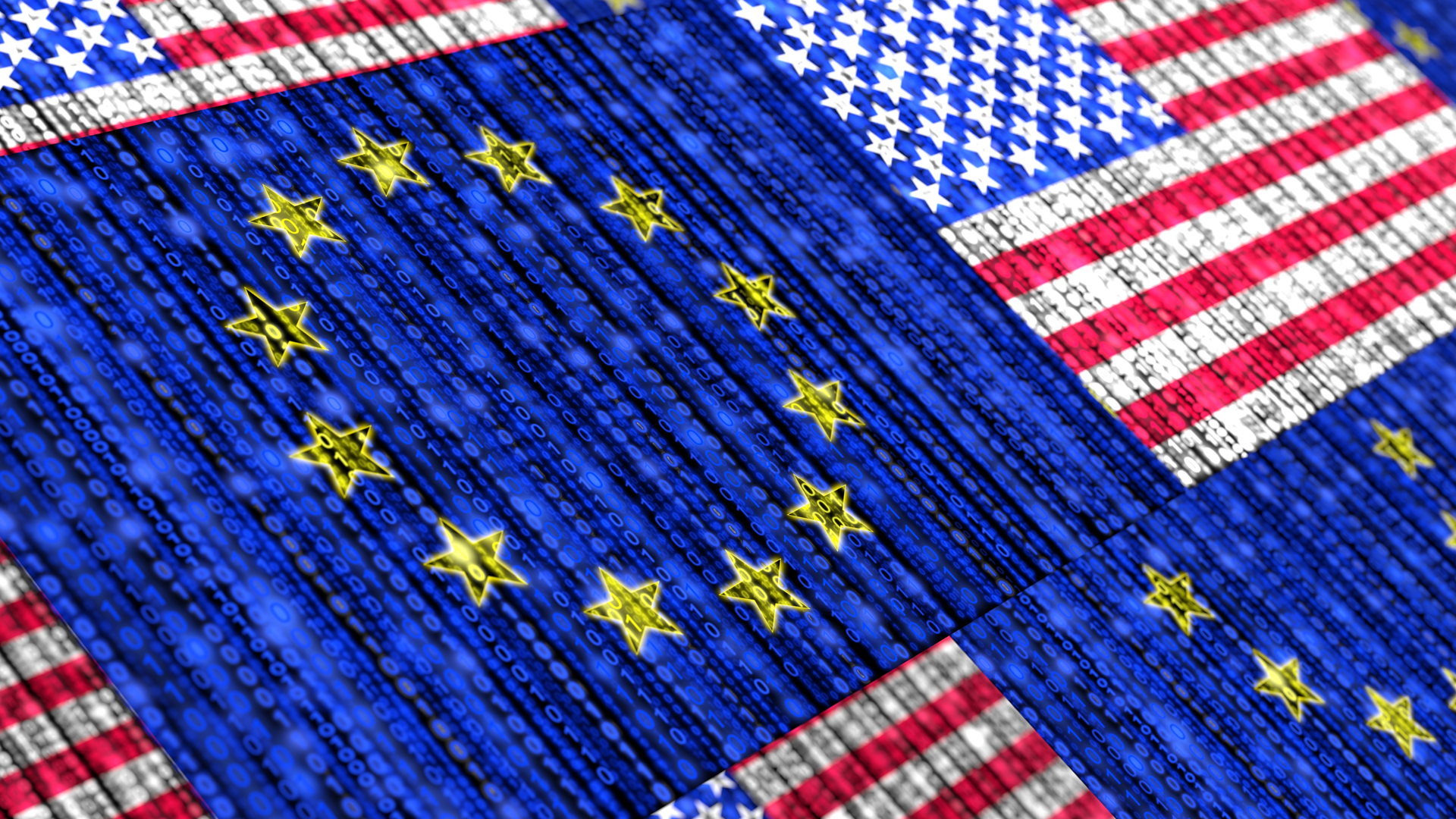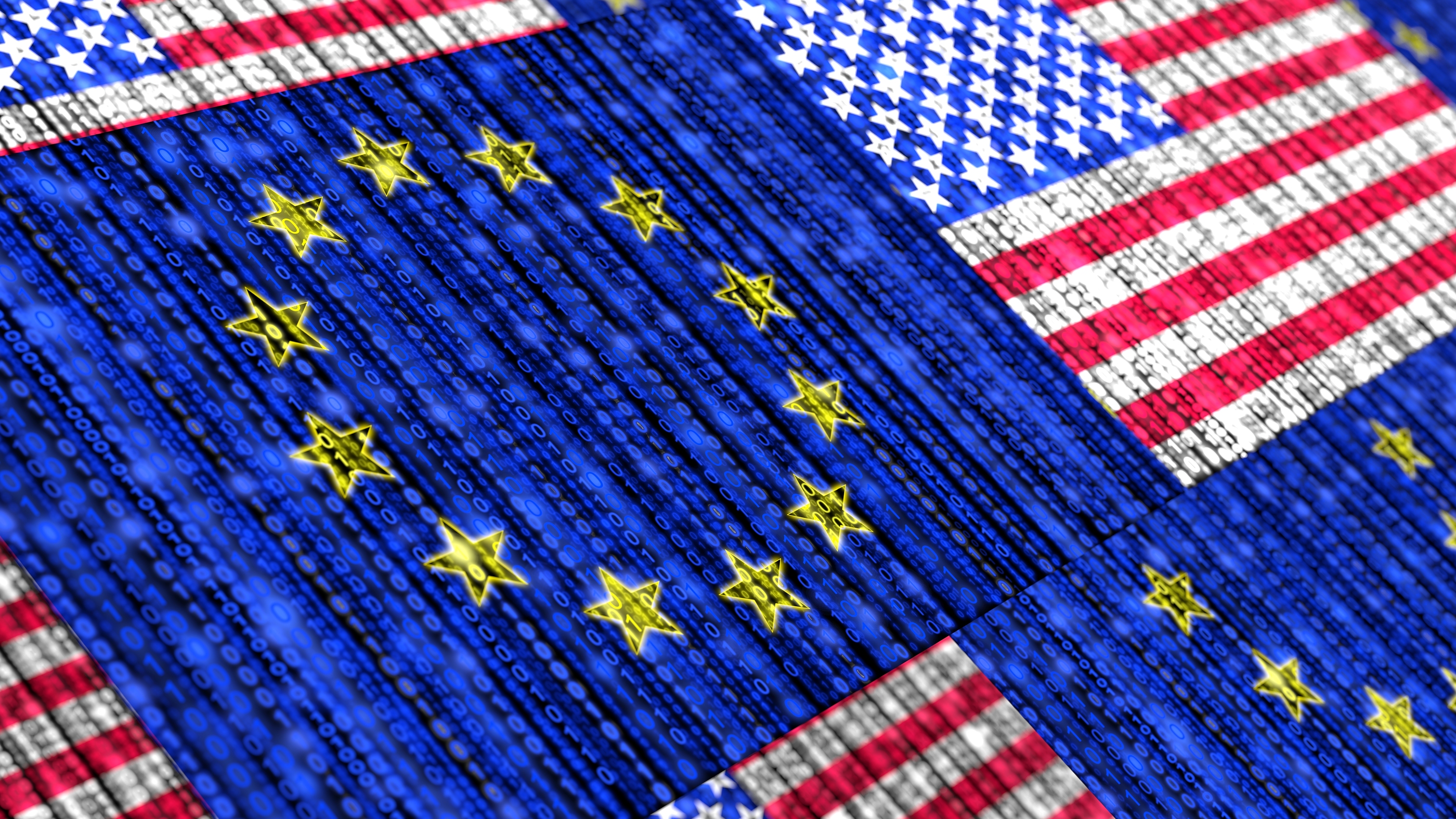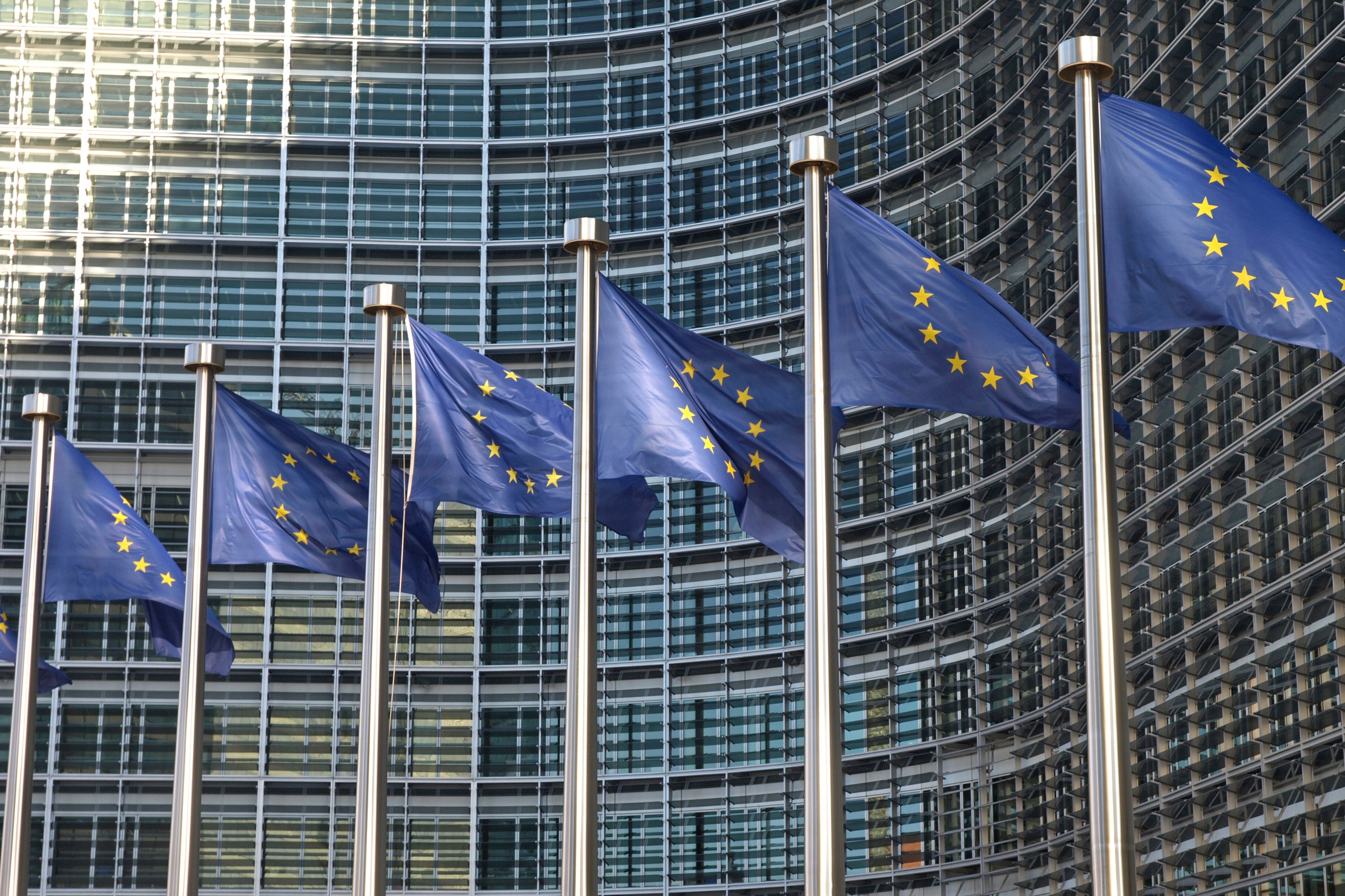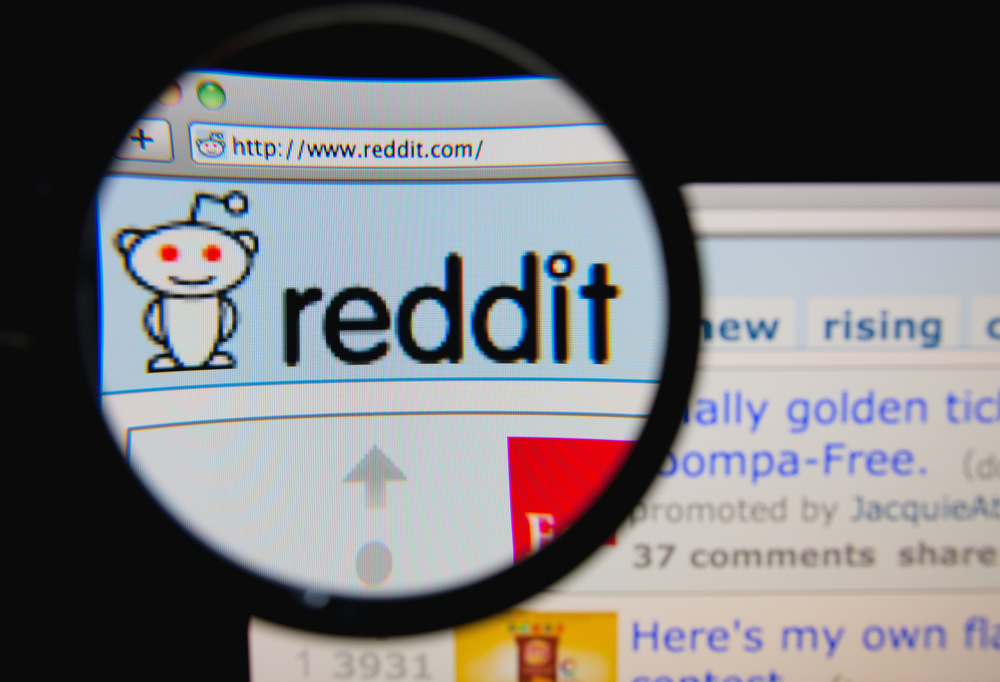European court invalidates primary EU-US data transfer mechanism
Privacy Shield ruled to be incompatible with GDPR in landmark case

Sign up today and you will receive a free copy of our Future Focus 2025 report - the leading guidance on AI, cybersecurity and other IT challenges as per 700+ senior executives
You are now subscribed
Your newsletter sign-up was successful
The European Union’s top court has ruled that the data transfer mechanism many companies use to transfer data between the EU and the US is no longer valid under GDPR.
In a highly anticipated ruling on 16 July that many believed would have profound implications for data transfers, the European Court of Justice decided that Privacy Shield was unable to protect EU residents' data from extensive US surveillance mechanisms.
Businesses worldwide brace for ECJ ruling on data transfers What is EU-US Privacy Shield? General Data Protection Regulation (GDPR)
Privacy Shield, itself a replacement for the invalidated Safe Harbour Principles, was introduced in 2016 to reconcile the problem of sending data from the EU, an area with robust data protection mechanisms, to the US, a country known for relatively invasive surveillance laws.
Some 5,300 businesses, many of which are small to medium-sized, have come to rely on Privacy Shield to transfer data, as it was by far the easiest mechanism to use when securing legal justification under GDPR.
However, the ECJ ruled that Privacy Shield prioritised US law enforcement and national security over the fundamental rights of data subjects, something that now conflicts with the notion that so called ‘third countries’ have equivalent data protections as those set out by GDPR. In other words, Privacy Shield simply isn’t compatible with today's EU data rules.
The court also found that surveillance laws in the US do not appear to have any limitations in how they are implemented, nor do they provide guarantees that non-US data subjects would be excluded or protected from such surveillance.
It also argued that the Ombudsperson, a position that provides EU citizens an additional point of redress when raising complaints against a company, but which sat vacant until 2019, does not provide data subjects with a cause of action for complaints that is equivalent to powers in the EU.
Sign up today and you will receive a free copy of our Future Focus 2025 report - the leading guidance on AI, cybersecurity and other IT challenges as per 700+ senior executives
The case was originally brought by privacy activist Max Schrems against Facebook. He claimed that the company was unjustified in its use of so called ‘standard contractual clauses’ for the transfer of data between its EU headquarters and its US base in Silicon Valley. SCCs as a mechanism allow EU businesses to bake data protection rules into their contracts with companies outside of the EU and outside the scope of GDPR.
After Schrems complained to the Irish data protection regulator, the case was then sent to the Irish High Court and eventually the top court in Europe. However, the Irish High Court expanded the initial case to also challenge the validity of all standard contractual clauses as a data transfer mechanism, as well as challenge the validity of Privacy Shield, over which it had concerns.
Thursday’s ruling found that SCCs were valid as a data transfer mechanism, although it stated that data controllers are required to assess whether it’s possible for these contractual terms to be upheld in any country where invasive surveillance laws exist.
The invalidation of Privacy Shield, but the protection of SCCs, is a clear win for Schrems, who always argued that SCCs should be enforced more rigorously rather than scrapped altogether, particularly as so many businesses rely on their use.
“I am very happy about the judgment. It seems the Court has followed us in all aspects,” said Schrems, commenting on the ruling. “This is a total blow to the Irish DPC and Facebook. It is clear that the US will have to seriously change their surveillance laws, if US companies want to continue to play a major role on the EU market.”
The invalidation of Privacy Shield creates a difficult moment for the European Commission, as it will now be tasked with creating an alternative mechanism for the transfer of data to the US. It took nine months for the Commission to replace Safe Harbour with Privacy Shield and, given the added complexities of GDPR, creating a new framework could take even longer.
The ruling makes it clear that any new mechanism will need to maintain GDPR principles, something that may be incredibly difficult in the context of US surveillance laws. If anything, it may require the US to adjust its own laws to provide guarantees for EU data, which may be unlikely.
RELATED RESOURCE

Go digital to meet today’s critical compliance and security requirements
Digital transformation helps companies meet critical compliance and security requirements
"This is pretty much a solid victory for Schrems, and it will be interesting to see how the regulators (and businesses) reacts," says Renzo Marchini, privacy and security partner at law firm Fieldfisher. "This will be a big shock in EU-US relationships. The Privacy Shield had been painstakingly put together to deal with criticism of oversight under the old regime that was killed in the first Schrems case back in 2015 (Safe Harbor). This is now also found to be invalid and cannot be relied upon.
"In the light of that, it will be difficult for the regulators to allow SCCs for transfers to the US. If there is too much scope for intrusion into European individuals' privacy under Privacy Shield, how can there not be for SCCs?"
Caitlin Fennessy, research director at the International Association of Privacy Professionals (IAPP), said the scrapping of Privacy Shield "will undoubtedly leave tens of thousands of U.S. companies scrambling and without a legal means to conduct transatlantic business, worth trillions of dollars annually".
"IAPP’s 2019 Governance Survey found that 88 percent of respondents moving data out of Europe rely on standard contracts. This decision cuts off legal means to transfer personal data to the United States and will demand immediate attention by policymakers and U.S. companies doing business in Europe.”
Dale Walker is a contributor specializing in cybersecurity, data protection, and IT regulations. He was the former managing editor at ITPro, as well as its sibling sites CloudPro and ChannelPro. He spent a number of years reporting for ITPro from numerous domestic and international events, including IBM, Red Hat, Google, and has been a regular reporter for Microsoft's various yearly showcases, including Ignite.
-
 AWS CEO Matt Garman isn’t convinced AI spells the end of the software industry
AWS CEO Matt Garman isn’t convinced AI spells the end of the software industryNews Software stocks have taken a beating in recent weeks, but AWS CEO Matt Garman has joined Nvidia's Jensen Huang and Databricks CEO Ali Ghodsi in pouring cold water on the AI-fueled hysteria.
-
 Deepfake business risks are growing
Deepfake business risks are growingIn-depth As the risk of being targeted by deepfakes increases, what should businesses be looking out for?
-
 EU and US reach agreement on Privacy Shield replacement
EU and US reach agreement on Privacy Shield replacementNews Privacy campaigner Max Schrems suggests the deal amounts to a "patchwork approach" that will ultimately fail
-
 Zoom is no longer compatible with GDPR, Hamburg data watchdog claims
Zoom is no longer compatible with GDPR, Hamburg data watchdog claimsNews Regulator claims city officials are using a "legally highly problematic system"
-
 Microsoft promises to challenge all government requests for customer data
Microsoft promises to challenge all government requests for customer dataNews Stance taken following EU advice to firms on complying with a ruling invalidating the EU-US data transfer mechanism
-
 What is EU-US Privacy Shield?
What is EU-US Privacy Shield?In-depth A look at the now invalidated framework US companies relied on to transfer data to and from the European Union
-
 EU seeks Privacy Shield changes in its first annual review
EU seeks Privacy Shield changes in its first annual reviewNews Proposals include tougher rules around non-compliance and greater cooperation between US and EU authorities
-
 Safe Harbour replaced with EU-US Privacy Shield
Safe Harbour replaced with EU-US Privacy ShieldNews The new agreement may take effect from July if both parties agree on its directions
-
 European data protection supervisor says Privacy Shield not robust enough
European data protection supervisor says Privacy Shield not robust enoughNews Giovanni Buttarelli said the European Commission needs to develop a longer-term solution for sharing data across continents
-
 Has the US forced Reddit to secretly hand over user data?
Has the US forced Reddit to secretly hand over user data?News Disappearance of "warrant canary" seen as tacit admission of government data request